| Weight | 1200 g |
|---|---|
| Belly | 2.7 inch(6.8cm). |
| Blade Size and Type | 14 inch (35cm) Handmade and Rust Free blade. |
| Handle Circumference | 4.3 Inch. |
| Handle Size and Type | 5 inch (12.5cm) Rosewood fixed blade handle. |
| Hardness of steel | spine=22-25 RC, belly=45-46 RC, edge=54-55 RC. |
| Lower Spine | 7mm. |
| Upper Spine | 9mm. |
14 INCH MKI RUST FREE KUKRI
This is one of the traditional type of khukuri and EX GURKHA KHUKURI HOUSE has endeavoured making this khukuri a modification. This is the first of the Indian Army Pattern variants, the MKI (The Gurkha Museum in Winchester calls the kukri ‘Great War Kukri). The kukri comes with a 35.5cm long ridgless forge blade with a 6.5cm belly depth, with a weight of around 750 grams. The handle has steel fittings, and the nut in the butt is done per the original Mk1 models, in a wooden handle. It comes in a good quality Military scabbard and carrying frogs.
$162.00
This is one of the traditional type of khukuri and EX GURKHA KHUKURI HOUSE has endeavoured making this khukuri a modification. This is the first of the Indian Army Pattern variants, the MKI (The Gurkha Museum in Winchester calls the kukri ‘Great War Kukri). The kukri comes with a 35.5cm long ridgless forge blade with a 6.5cm belly depth, with a weight of around 750 grams. The handle has steel fittings, and the nut in the butt is done per the original Mk1 models, in a wooden handle. It comes in a good quality Military scabbard and carrying frogs. There is no Chakmak and karda with the Tora Military range. The style of kukri may well have had origins from the 8th Gurkha Rifles, who screwed a nut ontop of the handle, the sunken nut was probably taken from the 1903 style bayonet. Of all the Mk issued kukri, the Mk1 best reflects traditionally shaped every day user kukri in Nepal, its approximate issued dates were from 1903-1917, interestingly the title 8th Gurkhas was first used in 1903 as well. This type of kukri was used in places like the North West Frontier, the Battle of Aubers and Neuve Chapelle in France in 1915, and in Gallipoli at the Battle of Gully Ravine and Sari Bair in WW1 any many other places. The notch (kaura or kaudi) in the blade near the hilt of most khukuris serves as conduit for the blood on the blade to drip out, thus preventing it from soiling the hilt, as well as a device for catching and neutralizing and enemy blade. The handle is more practical, more beautiful.
Only logged in customers who have purchased this product may leave a review.

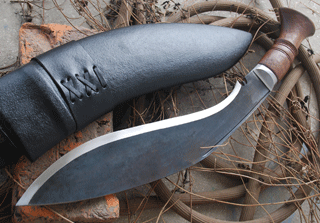
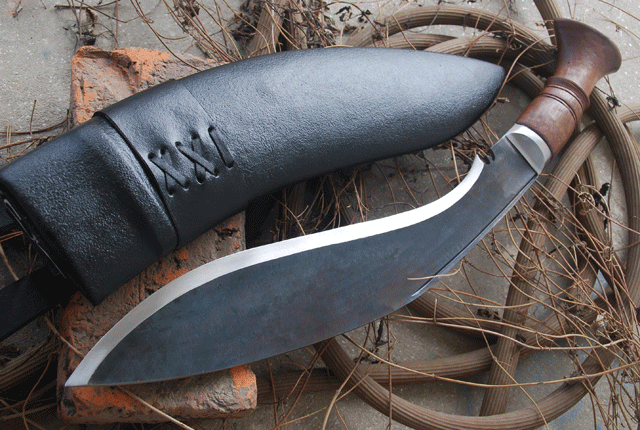
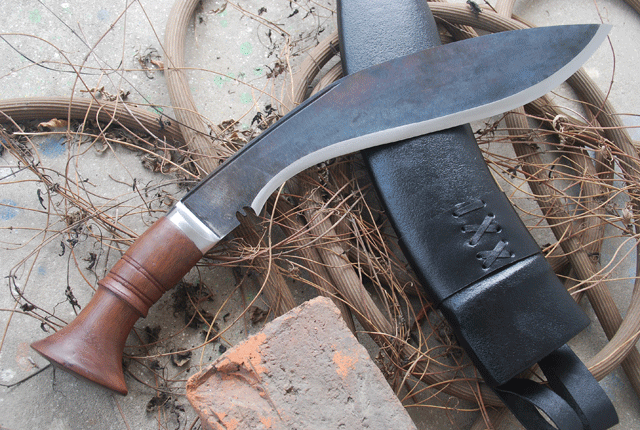
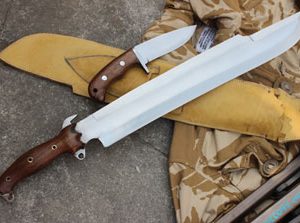
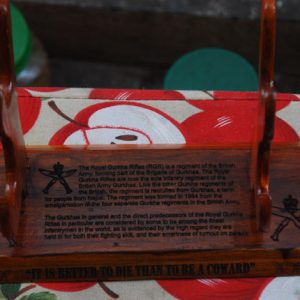
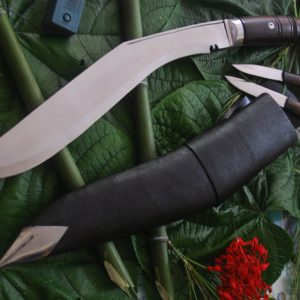
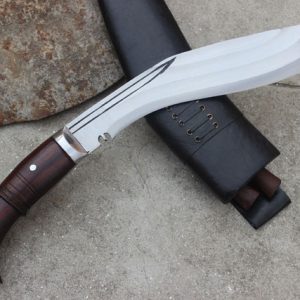
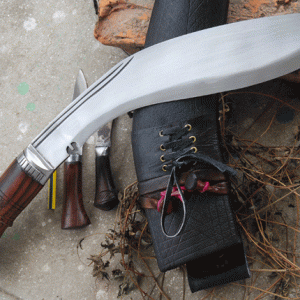
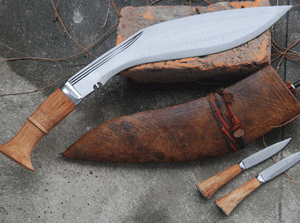
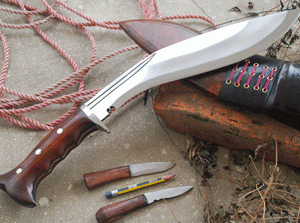
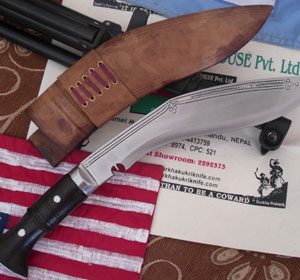
Reviews
There are no reviews yet.